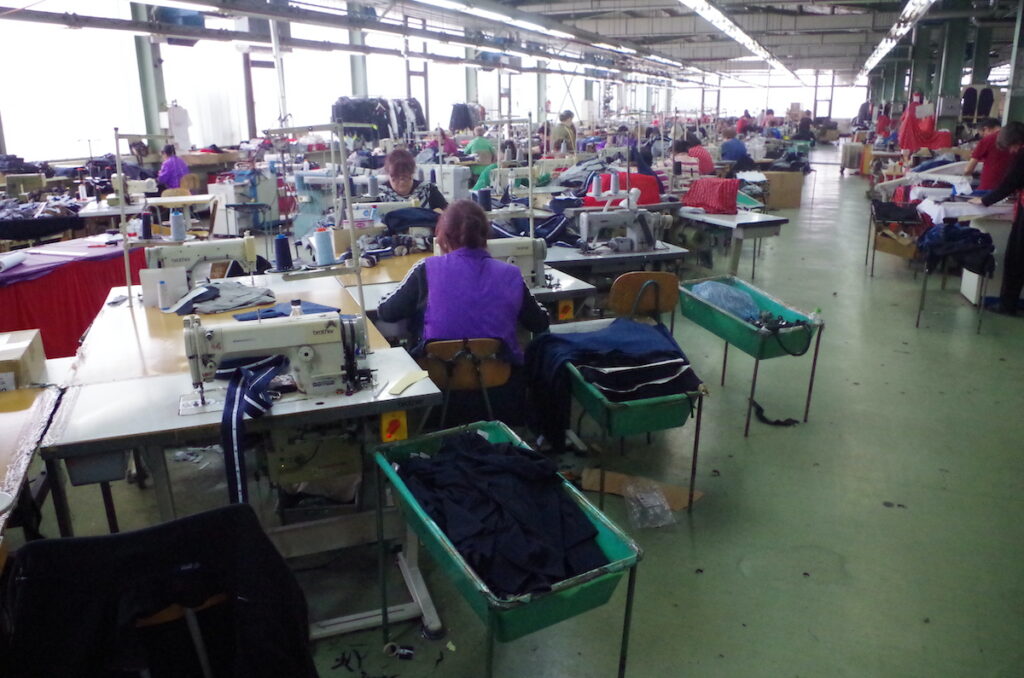Ludovic Voet is confederal secretary of the European Trade Union Confederation (ETUC) and responsible for its work on the rights of platform workers, such as delivery drivers, cleaners, translators and web designers.
Why is it so difficult for unions to organise those employed in the platform economy?
The main reason is the imbalance of power and information asymmetry between platform workers and companies, who may have access to more data, resources and influence, and who can use various strategies to discourage unions from organising, such as surveillance, manipulation, intimidation or retaliation.
What are the problematic working conditions in the platform economy?
Companies often use the veneer of technological innovation to undermine workers’ rights by providing a service that is paid for by the task or by the hour, rather than by a salary or fixed contract. Workers have little or no control over the price of the service or their schedule. They are often classified as self-employed and have limited or no access to social protection or collective bargaining.
What improvements does the EU Directive on platform work bring?
The EU Directive should address these issues. However, some of the measures that would achieve this are actively being derailed by lobbyists.
At the core of the struggle is the employment status for platform workers. We have been clear from the start: no more bogus self-employment. We are also pushing for platform workers to have collective bargaining rights and trade union protection.
A right to transparency means that platform workers will be able to understand how the platform operates and how it affects their work and income. There should also be a ban on robo-firing, where workers are dismissed through automated decision-making systems.
What are examples of where platform workers have achieved improvements?
Workers have gone through years of legal process. But corporations attempt to stymie this progress by only applying the rulings to individual workers covered by the case, or not applying the rulings at all.
Against all odds, some workers have managed to organise, but these are rare exceptions. In Italy, for example, the Riders Union Bologna, negotiated a collective agreement with the food delivery platform Sgnam.






